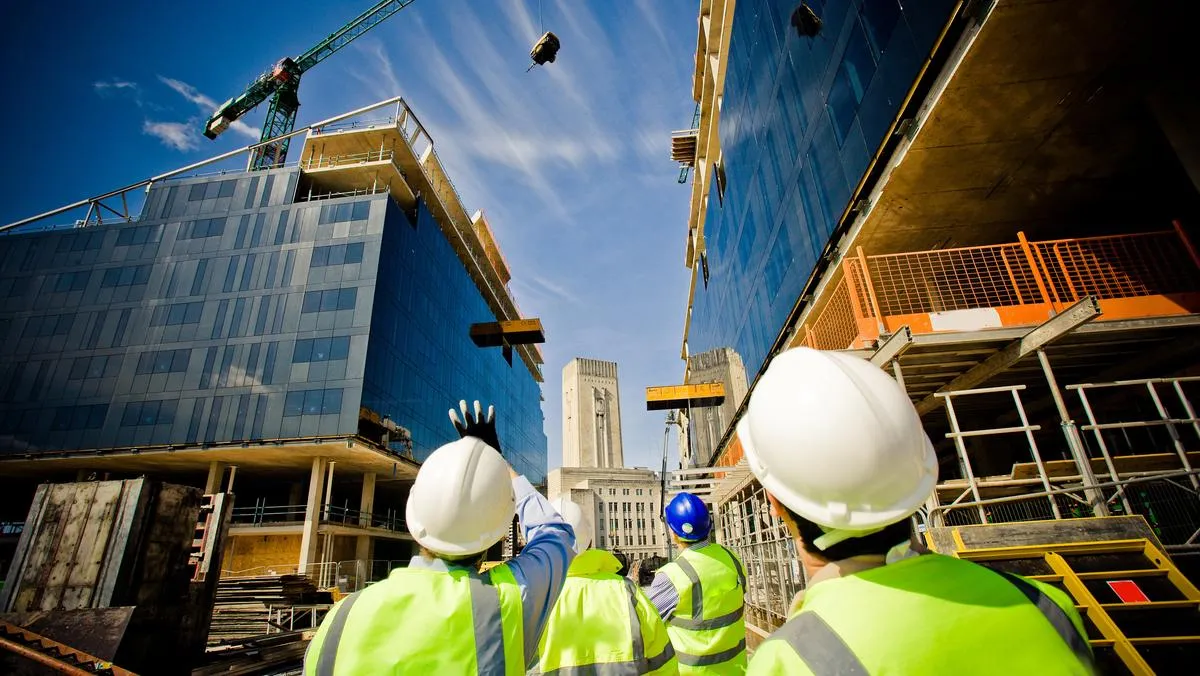Delays and deficits: Why is Britain so bad at building?

The Public Accounts Committee (PAC) sat down on Monday afternoon to quiz industry experts on the use of private finance for infrastructure projects. A key message was that it’s not that the private sector would never want to invest in infrastructure projects, it’s that they make no business sense in their current form.
This is not a newly uncovered problem. The Infrastructure and Projects Authority’s (IPA) 2024 report makes for grim reading. Of 227 major projects currently in progress, 84 per cent are currently running with significant issues. 27 are categorised as being unlikely to be completed.
Our research paper, Big Spending Projects Gone Wrong, analyses four of the most high profile and most expensive projects, deep-diving into the reasons for failure. We found that the Lower Thames Crossing has spent years in a delayed consultation process, unable to effectively decide where to actually build the crossing. The Palace of Westminster renovations suffer the consequences of a confused leadership structure leading to difficulties in decision making further along. The project to fully digitalise the NHS also has a management problem - allowing over 200 trusts to be responsible for their own digitalisation will inevitably mean inconsistencies in how the process is done… The whole point of the programme is to make the NHS more integrated.
The National Infrastructure Commission (NIC) released a report in 2024 ringing the alarm bells on this. It found that a lack of clear direction was the main problem facing our major projects. In turn, this lack of direction meant that consenting and compliance and meeting supply chain needs became almost impossible.
These findings were echoed in Monday’s PAC meeting. Why would a business invest in a project with a likely massively underestimated cost and a hopefully quick completion time? How could there be any confidence that the project will even be completed given the amount that run with a serious chance of remaining unfinished? The various witnesses for the committee stressed that, while not alone in facing difficulties, Britain is uniquely bad at major infrastructure projects.
So what can be done? The first step must be to improve the accuracy of forecasts. This should also reduce the likelihood of unrealistic projects being approved. Using forecasts with greater accuracy, hard deadlines must be placed on key milestones, with penalties given out to those responsible for underdelivery. It is simply unacceptable that, when dealing with sums of billions, poor performance has no consequence. This also means that decision makers must be held to account. Unrealistic projects with astronomical budgets should not be approved.
On the flip side, those responsible for successful projects should be rewarded. The UK has a brilliant history of producing excellent engineers and undertaking boundary-pushing projects, there is no reason that we cannot revive this tradition for future years too.
This should also massively aid in alleviating supply chain issues. Rigid schedules need to be developed years in advance for many major projects to ensure that rare equipment can be in the right place at the right time. Unclear plans lead to delays and that means extra costs for us.
Finally, we should welcome more private sector involvement. These are the experts after all, not the civil service. There is no reason that career quangocrats should be able to jump from failed project to failed project when the investment and expertise we need is ready and waiting. Britain has a brilliant engineering tradition, there is absolutely no reason to settle for such shockingly awful infrastructure outcomes now.

